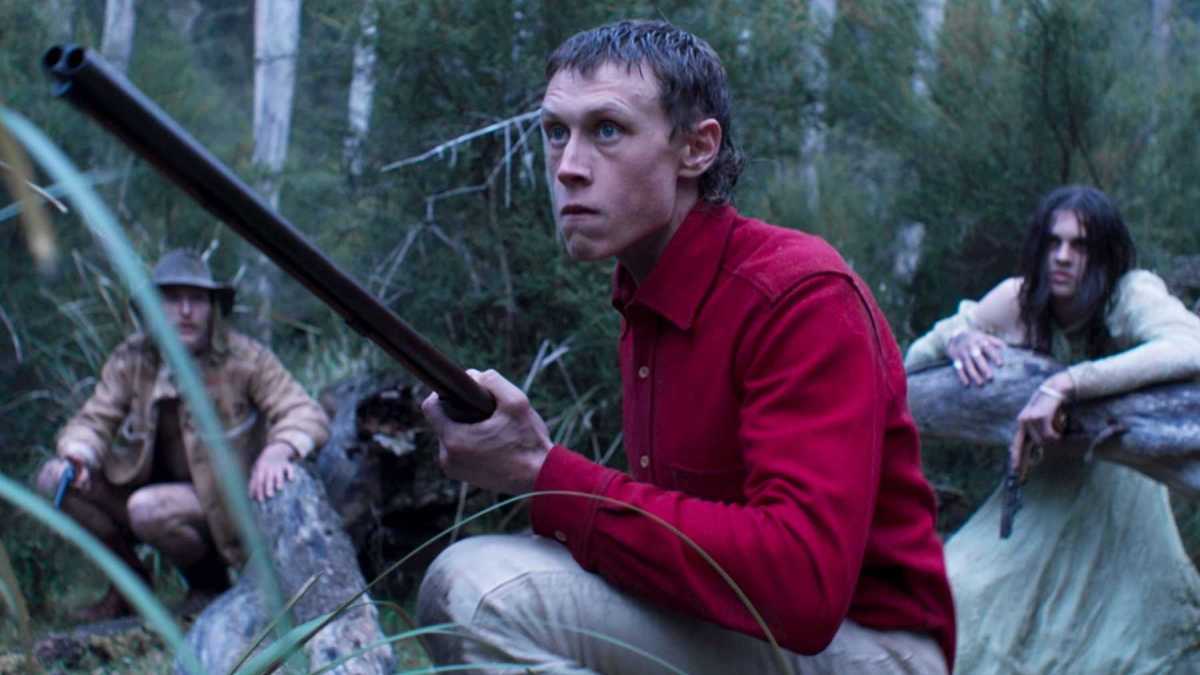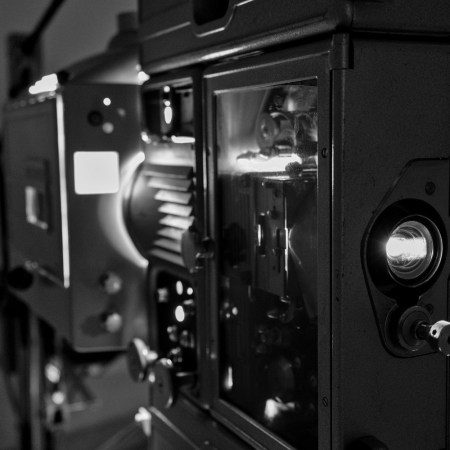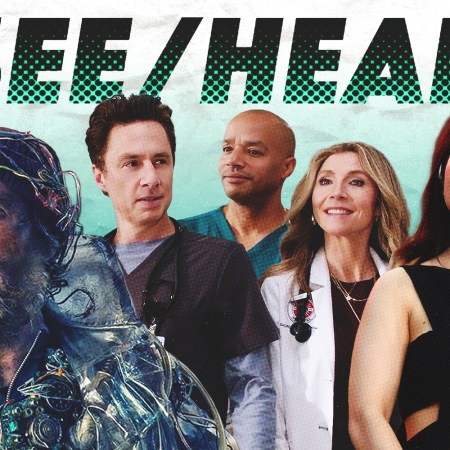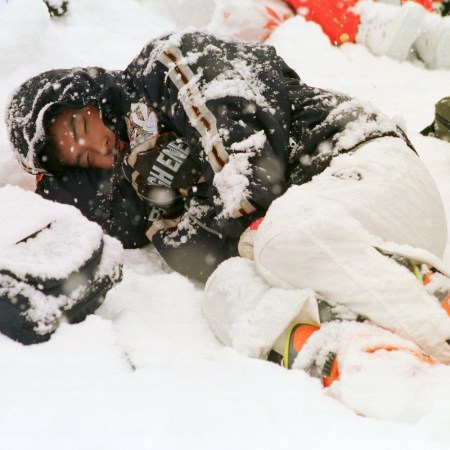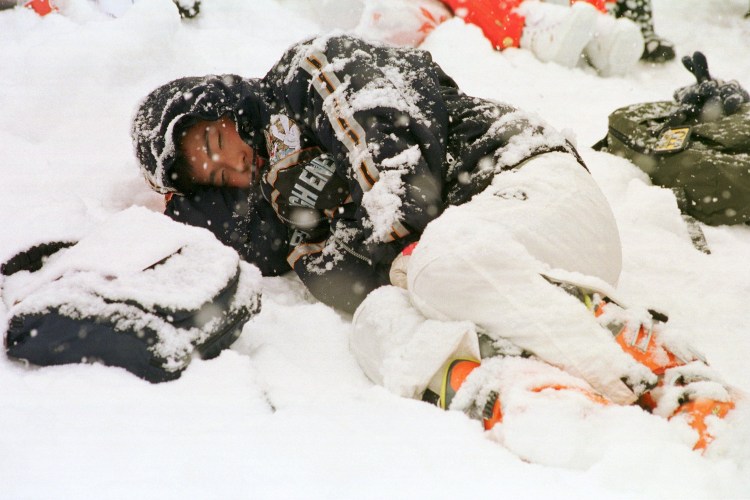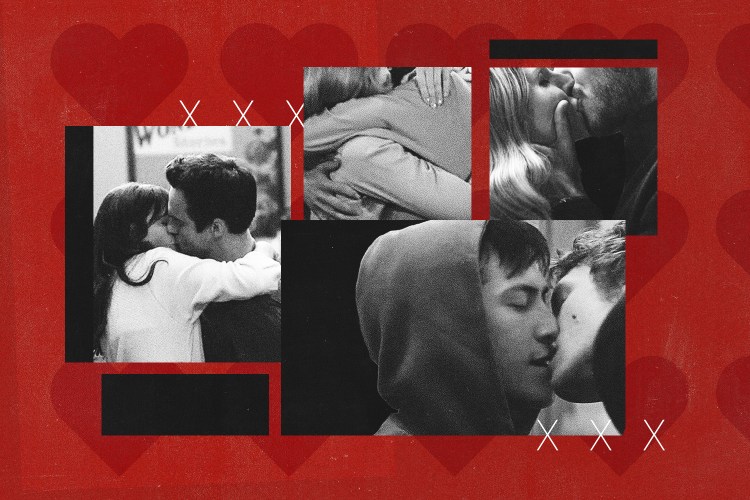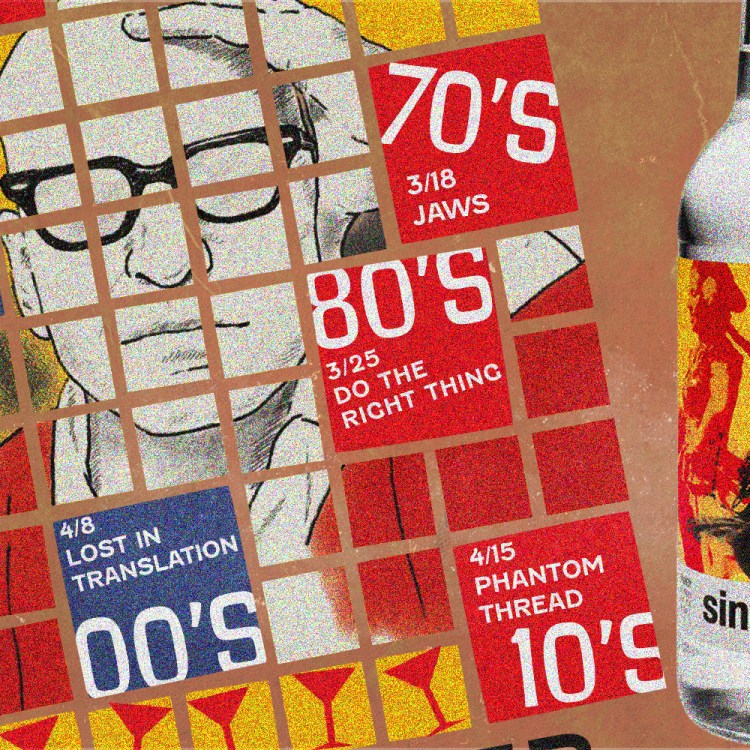Here’s how it’s supposed to work for a filmmaker starting out, at least for anyone who’s not coming up with the privilege of an A-list last name: you scrape some money together and make an indie movie. If it’s good, you go to a film festival, where buyers see it, and if they agree with you about it being good, bring it to the rest of the world. If the general public also agrees that it’s good, you get some more money to make a slightly larger movie, probably with a few famous actors. If that’s good, and you’re the upwardly mobile type, you take a studio job. You get a couple hundred million dollars to throw around, your pick of the world’s biggest stars, and if you play your cards right, you’ll never be hard up for a job again.
Justin Kurzel did all of this except the last part. His big break into the mainstream backfired in spectacular fashion, and now he’s enacting a different time-honored Hollywood career trope: the back-to-basics return to form. His latest and sharpest film, True History of the Kelly Gang, comes to VOD and streaming platforms this weekend, reaffirming that he has lost none of the skill that once positioned him for studio-golden-boy status. He’s come home to his native Australia and returned to the sort of pared-down production he’s always loved.
“Any time I’m working closely with actors, I’m happy,” Kurzel tells InsideHook over the phone from quarantine. “If I’m looking at a green screen all day, it does my head in at times. I’ve done a lot of green screen, don’t get me wrong, it just has an effect after the 200th day. I like people.”
At a time when any schmo demonstrating competency with VFX gets automatically bumped into Marvel’s big leagues, the 45-year-old has been scaling up the right way. Following some loose music video and short-form work, he made a proper debut in 2011 with Snowtown, retitled as The Snowtown Murders in America to underscore the true-crime angle. But his treatment of a grisly string of slayings in the low-income suburbs outside Adelaide applied more sensitivity and style to the lurid subject matter than the logline would suggest, and he pinged onto the industry radar.
He took some time and contributed a segment to Aussie anthology The Turning in 2013, advancing to the next echelon with Macbeth two years later. The brutal Shakespeare adaptation tapped Michael Fassbender and Marion Cotillard, and Kurzel’s friendly relationship with the Cannes Film Festival (they’d programmed his first short, and placed Snowtown in the Critics’ Week sidebar section) landed him a high-prestige spot in Competition. He didn’t win anything, but that was beside the point — he’d arrived, and to prove it, he accepted a job handling a massive adaptation of the video game Assassin’s Creed for 20th Century Fox.
“It was tricky, that film,” he says, after a moment’s consideration. “There’s a lot of it I really love, and I still think it’s doing something interesting with the video-game film genre. There are parts I’m really proud of, but there were challenges with storytelling. The script was never absolutely there, and so we weren’t as sure-footed as we wanted to be going into it. Ultimately, that let down the acting in the film, but there’s so much I stand by. Took two years to make it, all with a lot of voices speaking at the same time. Plenty of spoons in the pot.”
The critics savaged the screenplay’s greater-than-average quotient of mumbo-jumbo, and the box-office receipts severely underwhelmed. (Analysts estimate that the humble $54 million domestic take against its $125 million budget left Fox with a loss between $75 and $100 million, after expenses and promotion.) Instead of sticking it out in Tinseltown and waiting however long it would’ve taken to be freed from the professional penalty box referred to as “director jail,” the prodigal son went back to his roots.
“After Assassin’s Creed and Macbeth, I’d been in London for five or six years, and I was definitely missing home,” he says. “We had to go back to Australia anyway, and while I was there, I picked up True History of the Kelly Gang again. It had been offered to me right after I finished Snowtown, my first film, so it had been in my mind a while. I read it with a whole different attitude, and I saw how much could be possible … I wanted to do something a bit more personal and Australian, where I could have a greater degree of creative control. I was feeling a little lost, and I wanted to get back to pushing myself thematically. It seemed like a perfect chance to do that and re-energize myself. Get some fresh inspiration.”
The director had at first been dubious about the necessity of yet another Ned Kelly picture, which get made in Australia about as frequently as the States pump out World War II epics. “But I was approaching the book in quite a prejudiced way,” Kurzel says, correcting his past self. “When I read it again, I was completely stricken by how unique it was — having been written in the first person by Ned Kelly, the fictitious elements liberating the whole perception of what Kelly was.” He took an interest in the novel’s emphasis on myth-making and the elasticity of historical truth. The book and film mount a joint effort to reclaim and reshape Kelly’s image, examining what significance he holds to modern Australian identity. “Reading it made me curious about being Australian; why do we look at figures like this and find a sense of self? What is it about our history that we’re dishonest with?”
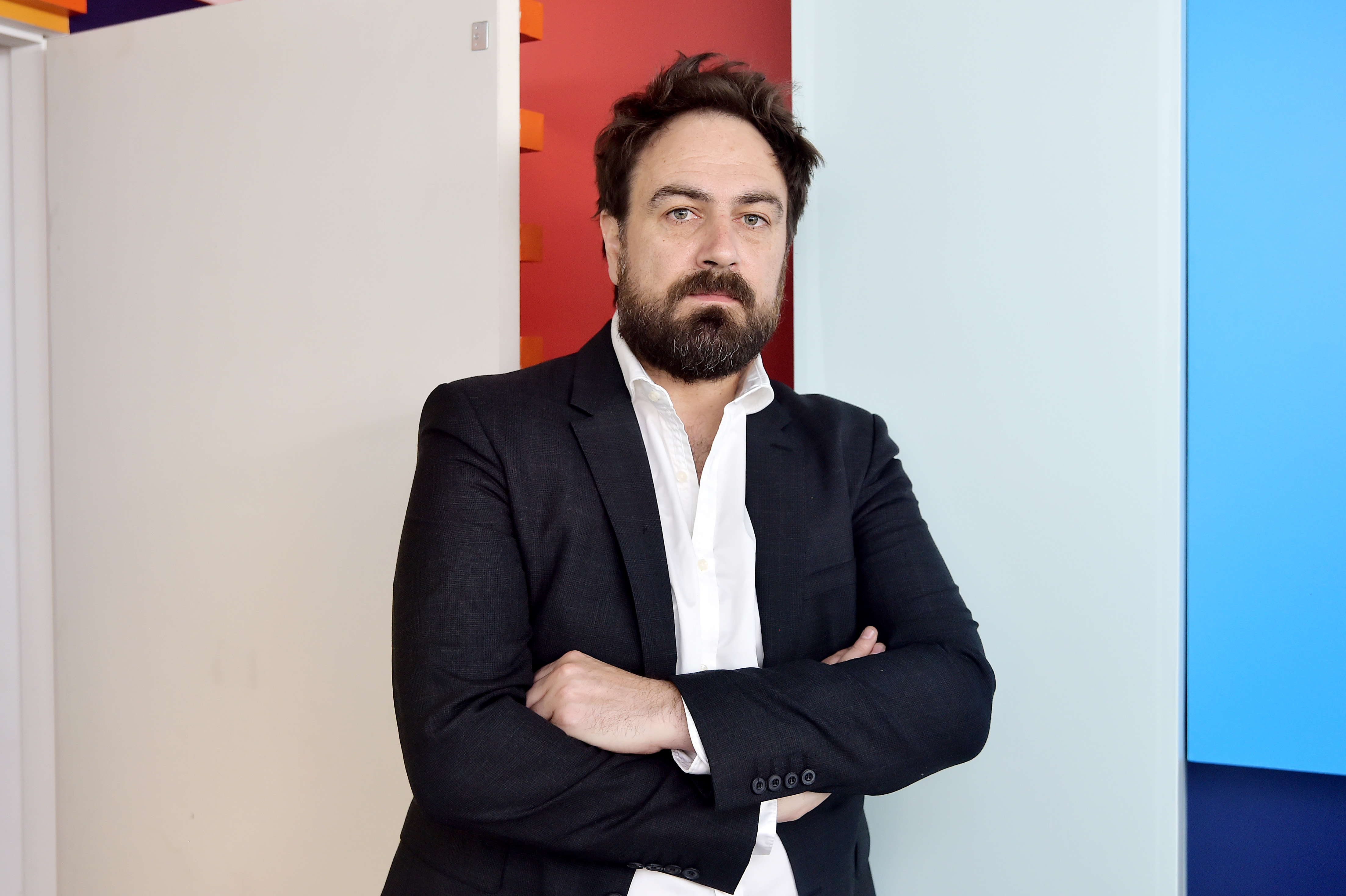
A crash course on the man and the legend, for those who skipped AP Australian History in high school: born in 1854 to Irish convicts forcibly resettled outside of Melbourne, Ned Kelly (played by 1917 breakout George MacKay in the film) adopted the bushranger life from a young age, the equivalent of an outlaw in the Wild West. Trained by folk legend Harry Power (a robustly bearded Russell Crowe), he soon gained a reputation of his own as the leader of the toughest gang Down Under. One member infamously wore dresses into battle to put his opponents off guard; True History extends that trait to the whole crew, outfitting them in ratty gowns halfway between 19th-century and punk aesthetics. For their final stand against the no-good “constable cunts,” as the customary drinking chant referred to them, the Kelly Gang forged heavy-duty metal armor rendering them bulletproof.
“We made the armor the exact same way,” Kurzel mentions. “We used the same inch-thick armor, made from plough blades heated up and hammered out to fit the curvature of the body. For the POV shots, we built the helmet around the camera. Mounted it, welded it, fitted it right over the aperture of the lens. And then [cinematographer] Ari [Wegner] would walk around with the camera and the helmet, that was Ned’s eye. It was all unbelievably heavy, but everyone, especially George, wanted the real thing. They wanted to feel that weight like the gang would’ve.”
In their own way, everyone on set tasked themselves with bearing the weight of the past, Kurzel first and foremost. Kelly had been a part of his upbringing as far back as he could remember — “We used to have Ned Kelly pies as kids!” — and he wanted to articulate the personal relationship he and his countrymen have to this icon. “I think there’s something inherently anti-authoritarian about being Australian,” Kurzel says. “What Australia was founded on is convicts, and the spirit that comes with being a convict. Ned connects to the alpha Australian male in a more direct way than most figures, and the film prods at the question of why we need people like Ned to give the national culture shape.”
In this iteration, a decidedly unassuming Kelly accepts the larger-than-life destiny thrust upon him for the sake of his people. He grows up antagonized by the English authorities (represented by Nicholas Hoult’s sneering, refined officer Fitzpatrick) and retreats into surly silence, adopting the bombast for which he’d become known only when he sees the disorganized hooligans need a leader. Even when he does step up, this telling rejects the mantle that posterity would later assign Kelly; in the most poignant moment, he replaces the man’s famed, alleged last words of “such is life” with a defiant silence, giving his English jailers and executioners nothing. To put it in Batman terms, he became the hero that Australia needed, not the one it deserved.
Throughout the process, Kurzel fixated on the notion of image, of the extent to which a man can decide what kind of person he’s going to be. “Today,” he says, “some people absolutely hate him and think he’s a cop-killer. ‘Why the hell do we even recognize him?’ Others see him as a kind of antihero, an Irish rebel, a Robin Hood figure.”
In sorting through that much on Kelly’s behalf, Kurzel also seized a chance to do so for himself. He came to the realization that moving forward with his work didn’t have to mean ascending upward, that returning to Snowtown — to the barren wilds of the Outback, to the “inevitable violence” uniting both films — didn’t have to be an artistic regression. He’s content with where he’s at, which is really the only station any filmmaker wants to attain: the freedom to make whatever movie you feel like, no matter how large or small.
Kurzel already has his next project in place, and it foretells a warm future for someone who refused to let showbiz chew him up and spit him out. “I’m keen to make a film with my brother, about our youths as tennis prodigies” he says. “It’s something we’ve been wanting to do for a long time.”
This article appeared in an InsideHook newsletter. Sign up for free to get more on travel, wellness, style, drinking, and culture.
